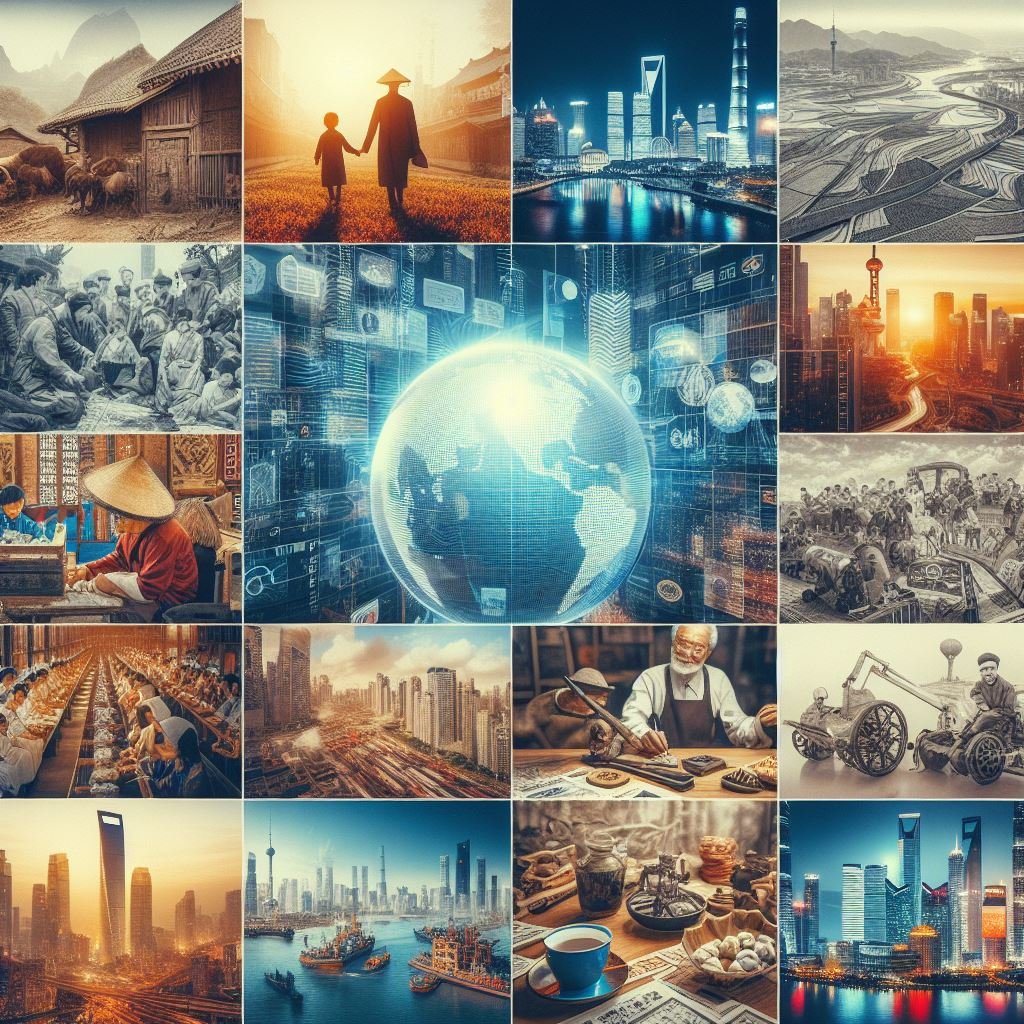China’s Economic Evolution: A Global Perspective – Kavan Choksi
China’s rapid ascent to economic superpower status is a narrative that has captivated the world, reshaping international trade, global markets, and geopolitical dynamics. This article explores China’s economic journey from a global perspective, highlighting its impact on international relations, global supply chains, and the worldwide economic ecosystem. It delves into the strategic moves that have propelled China’s growth, the challenges it faces on the global stage, and the implications for countries and businesses around the world. Here is what Kavan Choksi has to say.
The Engine of Global Growth
China’s remarkable economic expansion over the past few decades has positioned it as a critical engine of global growth. Its transformation from a largely agrarian society to an industrial powerhouse has not only lifted millions out of poverty within its borders but has also fueled demand for goods and services worldwide. China’s role as the “world’s factory” has made it an essential node in global supply chains, providing a wide range of products from basic consumer goods to high-tech components.
Belt and Road Initiative: Expanding Influence
The Belt and Road Initiative (BRI), China’s ambitious infrastructure and investment project, extends its economic influence across Asia, Africa, and Europe. By building a network of trade routes, ports, and railways, China aims to enhance trade connectivity and assert its leadership in global infrastructure development. While the BRI promises economic benefits for participating countries, it also raises questions about debt sustainability, environmental impacts, and geopolitical intentions.
Navigating Trade Tensions
China’s economic policies and practices have sometimes led to friction with trading partners, most notably the United States. Issues such as intellectual property rights, market access, and trade imbalances have sparked tensions and led to tariffs and trade barriers. These disputes underscore the complexities of integrating China’s state-driven economic model with the liberal market economies of the West, posing challenges for multilateral trade agreements and international economic cooperation.
Environmental Considerations
As one of the world’s largest emitters of greenhouse gases, China’s economic growth comes with significant environmental implications. Recognizing this, China has committed to ambitious climate goals, including peaking carbon emissions by 2030 and achieving carbon neutrality by 2060. These commitments are critical for global environmental efforts and are reshaping industries within China and beyond, influencing global markets for renewable energy, electric vehicles, and green technologies.
The Digital Silk Road: Technological Prowess
China’s investment in technology extends its economic influence into the digital realm through the “Digital Silk Road.” This initiative aims to build digital infrastructure and promote Chinese technology standards globally. From 5G networks to e-commerce platforms, China’s tech giants are becoming integral to the digital infrastructure in many countries, presenting new opportunities and challenges for global data security, internet governance, and technological sovereignty.
Implications for Global Markets
China’s economic trajectory has profound implications for global markets. Its demand for commodities influences global prices and trade flows, while its financial markets are becoming increasingly intertwined with the global financial system. As China shifts towards a consumption-driven economy, its role as a market for global goods and services is expanding, offering opportunities for international businesses but also intensifying competition.
Conclusion
China’s economic journey is a testament to the transformative power of economic policy, innovation, and international engagement. As it continues to evolve, its impact on the global economic landscape will be multifaceted, presenting both opportunities and challenges for countries, businesses, and international institutions. Navigating this evolving landscape requires a nuanced understanding of China’s economic strategies, its integration into the global economy, and the broader geopolitical context. In this dynamic environment, cooperation, competition, and coexistence will likely define the contours of the global economic order in the years to come.

